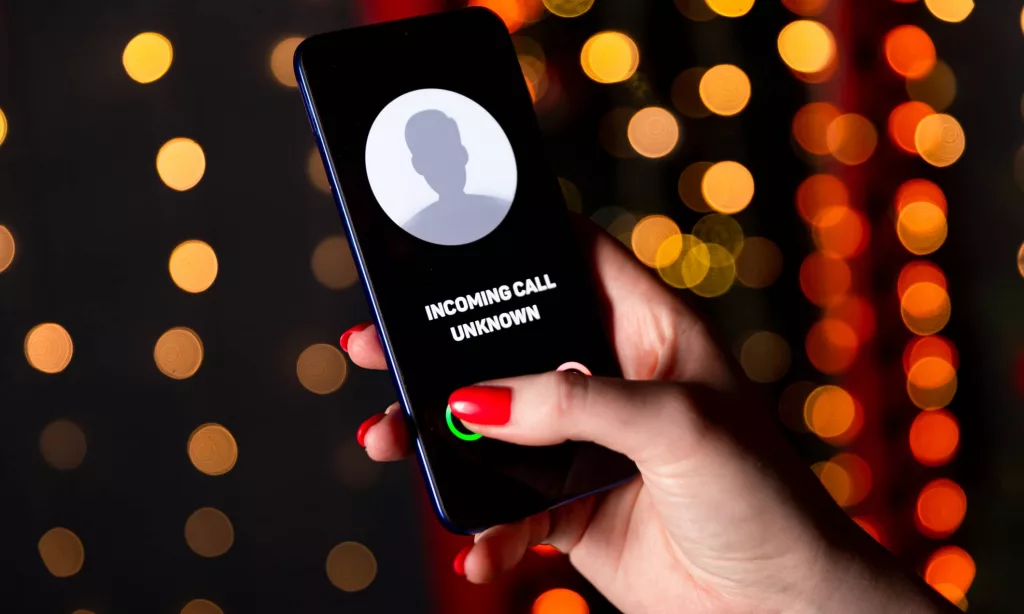Michigan Attorney General Dana Nessel is joining with attorneys general around the nation to ask the FCC to make more actions to prevent robocallers from harassing the residents of Michigan and other states. The AG’s office tells us more:
Michigan Attorney General Dana Nessel joined a bipartisan coalition of attorneys general showing support for the Federal Communications Commission’s (FCC) efforts to reduce illegal robocallers’ access to legitimate phone numbers, which results in unending robocalls that scam people out of their hard-earned money. The comment letter to the FCC was led by North Carolina Attorney General Josh Stein and Florida Attorney General Ashley Moody.
“Illegal robocalls continue to be a public nuisance for people across this nation and I am proud to join my colleagues in supporting the FCC’s efforts,” Nessel said. “It’s imperative that we do all that we can to protect consumers from these bad actors.”
Earlier this year, phone companies were required to implement STIR/SHAKEN – caller ID authentication technology to combat spoofing by ensuring that telephone calls originate from verified numbers. Because the technology prevents robocallers from spoofing phone numbers, scam robocalls have dropped by 29 percent since June as the phone industry continues to put STIR/SHAKEN into effect.
Robocallers are now successfully evading caller ID authentication by purchasing access to legitimate phone numbers to conceal their identities. They typically do this by providing false identifying information to, or otherwise shielding their identities from, the companies that have access to legitimate numbers.
The attorneys general support the FCC’s proposals to implement a more thorough application, review, and monitoring process for phone companies that request direct access to phone numbers and to require these companies to verify their customers’ identities to help keep the numbers from being sold, leased, or rented to illegal robocallers. This includes limiting the use of both temporary phone numbers for trial customers and untraceable payment mechanisms.
Attorney General Nessel is joined in sending this comment letter by the attorneys general of Alabama, Alaska, Arizona, Arkansas, California, Colorado, Connecticut, Delaware, District of Columbia, Florida, Georgia, Hawaii, Idaho, Illinois, Indiana, Iowa, Kansas, Kentucky, Louisiana, Maine, Maryland, Massachusetts, Minnesota, Mississippi, Missouri, Montana, Nebraska, Nevada, New Hampshire, New Jersey, New Mexico, New York, North Carolina, North Dakota, Ohio, Oklahoma, Oregon, Pennsylvania, Rhode Island, South Carolina, South Dakota, Tennessee, Texas, Utah, Vermont, Virginia, Washington, West Virginia, Wisconsin, and Wyoming.
A copy of the letter is available online.






